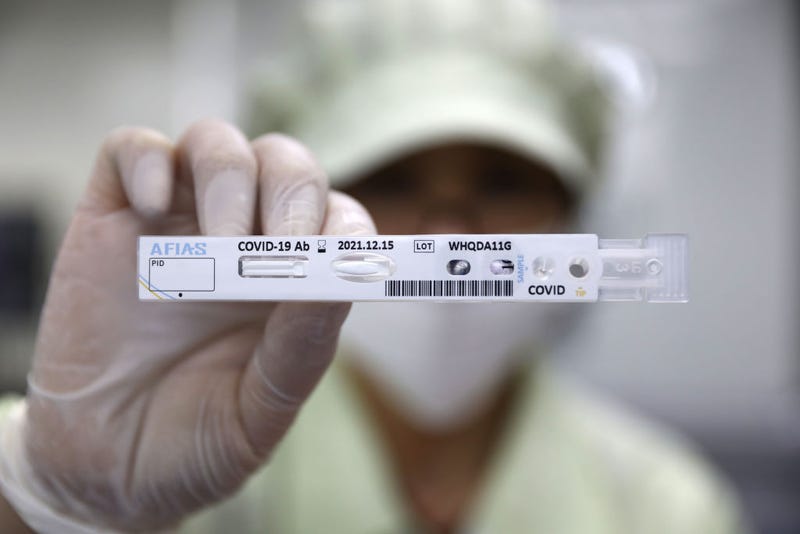
SAN FRANCISCO (KCBS RADIO) – As omicron subvariants BA.4 and BA.5 make their way into the United States, health experts are studying how likely COVID-19 reinfection is.
For more, stream KCBS Radio now.
Dr. Warner Greene, Senior investigator at Gladstone Institutes and Professor of Medicine, Microbiology and Immunology at UCSF, told KCBS Radio boosting helps protect against COVID-19 reinfection, but only for a matter of weeks instead of months.
"Boosting helps prevent reinfection for a period of time, now measured in weeks rather than months. The new variants, the subvariants of omicron — for example BA.2.21.1, that one is resistant, you can get reinfected with that variant — and even more so with BA.4 and BA.5 variants which originated in South Africa, but are now moving into the United States. The reinfection there is even going to be more common," he explained.
The biggest risk is still faced by those who are immunocompromised or immunosuppressed, as the vaccine does not work as well in those individuals, Greene warned.
"COVID poses a particular problem for the immunosuppressed or the immunocompromised. The vaccines don't work as well and so they are not as protected. That said, there are now monoclonal antibodies that can be given to immunocompromised individuals and, of course, antiviral drugs like Paxlovid if someone were to get infected," he reassured. "We've got tools in the tool box even for the immunocompromised."
Among the immunocompromised, some need to be more wary of COVID-19 infection than others.
"There are degrees of immunocompromised from the low end of someone who is taking steroids, to the high end of someone on chemotherapy, for example, or following bone marrow transplant," Greene explained. "Those would be high risk types of situations, so it's just a gradient. One has to judge, the risk changes along that gradient."
DOWNLOAD the Audacy App
SIGN UP and follow KCBS Radio
Facebook | Twitter | Instagram

